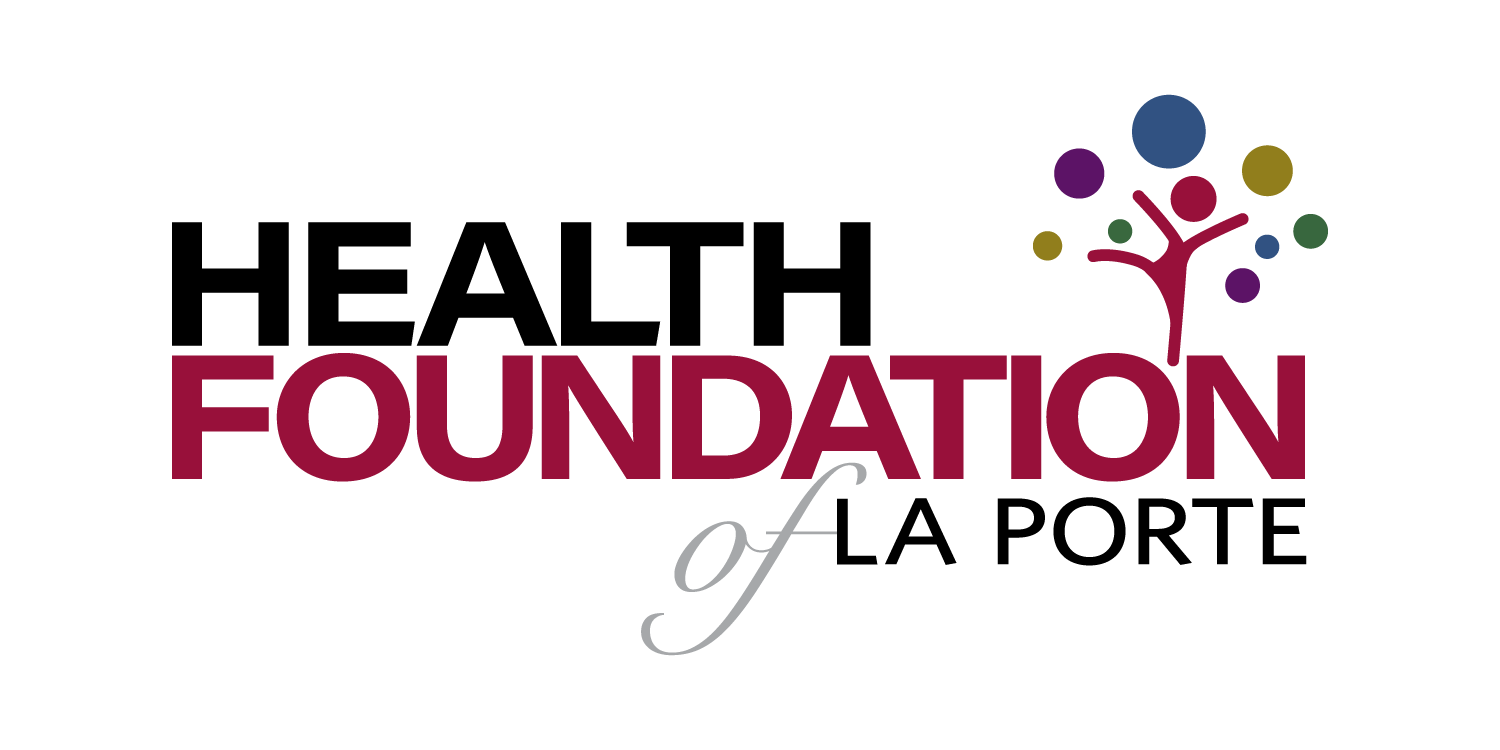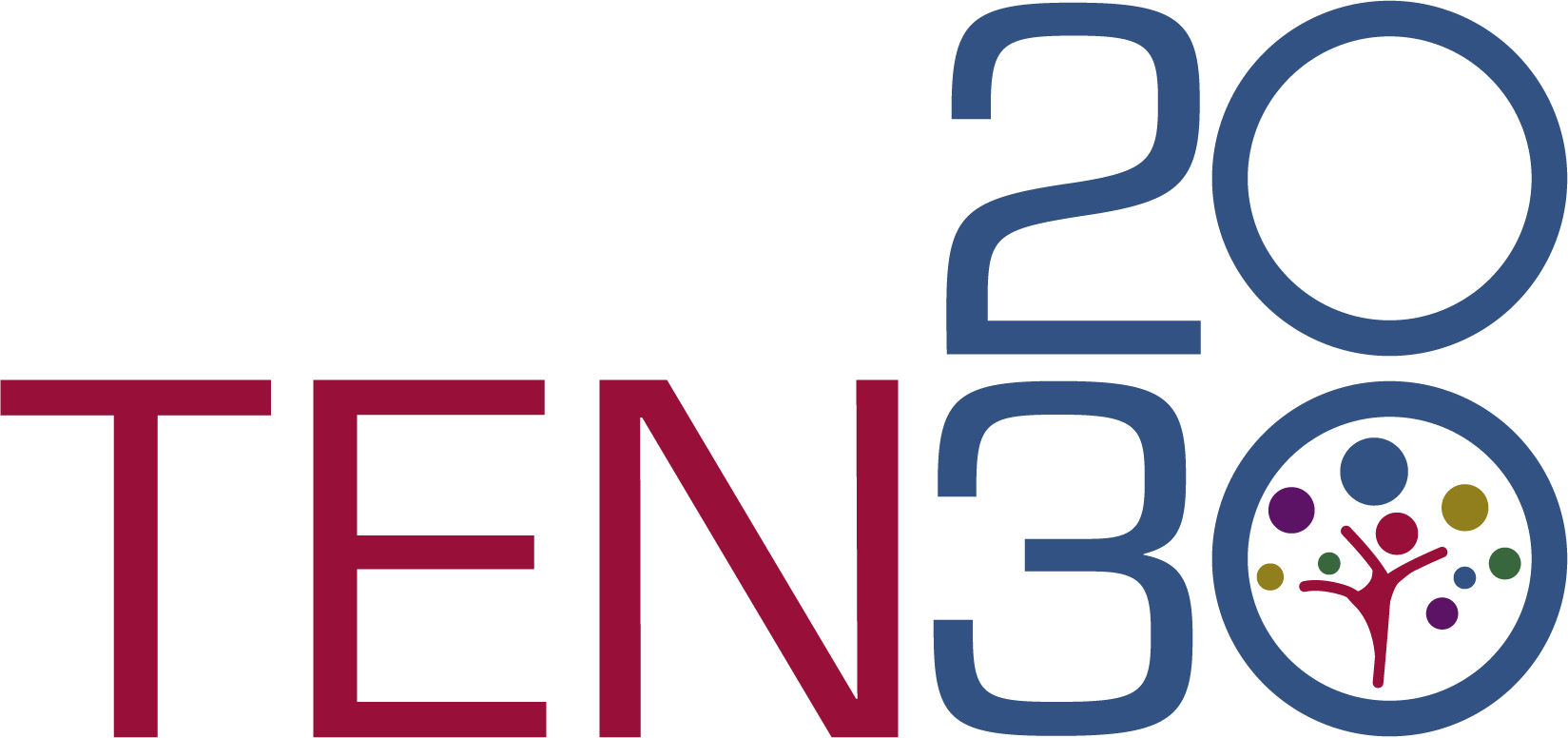Promising Practices
The Promising Practices database informs professionals and community members about documented approaches to improving community health and quality of life.
The ultimate goal is to support the systematic adoption, implementation, and evaluation of successful programs, practices, and policy changes. The database provides carefully reviewed, documented, and ranked practices that range from good ideas to evidence-based practices.
Learn more about the ranking methodology.
Filed under Evidence-Based Practice, Community / Social Environment, Children, Teens, Women
Goal: New Beginnings promotes resilience in children after parental divorce by providing mothers and their children with group and individual-based sessions.
Impact: The New Beginnings program improves post-divorce adjustment outcomes such as interparental conflict, mother-child relationships, and coping strategies by targeting predictive behaviors.
Filed under Effective Practice, Economy / Employment, Racial/Ethnic Minorities, Urban
Goal: The goal of this program is to provide assistance to clients whose primary language is not English.
Filed under Good Idea, Health / Maternal, Fetal & Infant Health, Families
Goal: Nurses for Newborns aims to provide a safety net for families at-risk and in-need of extra assistance, with programs serving teen moms, mothers with disabilities, infants that are sick, and other families in-need to prevent infant mortality, child abuse, and neglect.
Filed under Evidence-Based Practice, Health / Physical Activity, Children
Goal: The goal of the program is to provide elementary schools with a low-cost, non-invasive curriculum to educate elementary school children on how to read nutrition labels, differentiate between marketing versus reality, and select healthier food options.
Impact: Nutrition Detectives shows that a low-cost, non-invasive educational program based around downloadable videos, presentations, and materials can improve young students' and their parents' ability to make healthier food and nutrition choices.
Filed under Effective Practice, Health / Alcohol & Drug Use, Teens, Adults
Goal: The goal of this program is to reduce tobacco use in Oregon.
Filed under Evidence-Based Practice, Health / Alcohol & Drug Use, Children, Women
Goal: The goals of the program are to 1) assist mothers in obtaining treatment, maintaining recovery, and resolving the complex problems associated with their substance abuse, 2) guarantee that the children are in a safe environment and receiving appropriate health care, 3) effectively link families with community resources, and 4) demonstrate successful strategies for working with this population and thus reduce the numbers of future drug- and alcohol-affected children.
Impact: At a 36-month follow-up women in PCAP were more likely to have received alcohol/drug treatment than the control group. Cost savings were suggested by a reduction in length of out-of-home care and prevention of Fetal Alcohol Syndrome.
Filed under Evidence-Based Practice, Education / Childcare & Early Childhood Education, Children, Families
Goal: To prepare children of disadvantaged families for academic success and to strengthen families through intensive home visiting.
Impact: When families are engaged in facilitated discussion, the participating families tend to talk more, read more, and have more positive interactions with their children. They engage in more educational activities at home and in their communities.
Filed under Evidence-Based Practice, Education / Childcare & Early Childhood Education, Children, Families, Urban
Goal: To prepare children of disadvantaged families for academic success and to strengthen families through intensive home visiting.
Impact: The Parent-Child Home Program builds school readiness, starting from the home. PCHP utilizes a non-directive, in-home modeling approach that encourages children's development, builds meaningful relationships between parents and children, and allows underserved families to access educational early-childhood services.
Filed under Evidence-Based Practice, Community / Social Environment, Children
Goal: The goal of PCIT is to improve the behavior of children suffering from conduct disorders by strengthening the parent-child relationship and teaching parenting and discipline skills.
Filed under Evidence-Based Practice, Community / Social Environment, Children, Families
Goal: The goal of this program is to reduce child behavior problems and delinquency and substance abuse among adolescents, to improve parenting knowledge and skills, and to strengthen the relationship between adolescent and parent.
Impact: Findings from studies show an association between Parenting Wisely participation and improvements in family problem solving, family roles, family involvement, parenting self-efficacy, parenting sense of competence, and decreased adolescent violent behavior.

